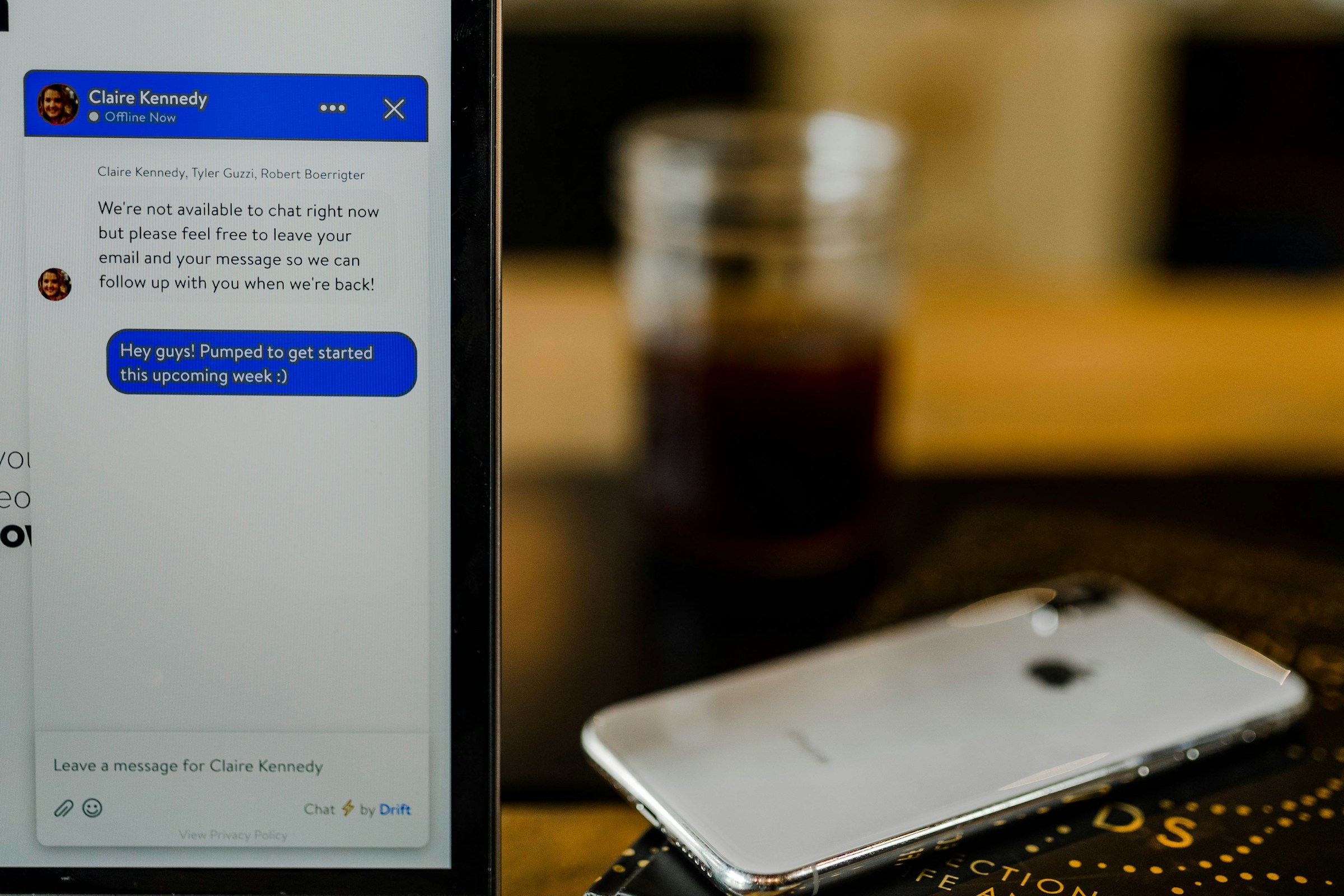
In a very short time, AI chatbots like ChatGPT have gained massive popularity. Many people are turning to them for mental health advice, sometimes even treating them like therapists. Their natural-sounding language, constant availability, and friendly tone make them feel trustworthy. Some users even give chatbots names and genders, forming pseudo-relationships with them.
However, this trend carries serious mental health risks for both parents and children. In some tragic cases, reliance on chatbots for emotional support has contributed to harmful outcomes, including suicide.
AI Chatbots Are Not Therapists
AI chatbots are not designed to provide psychotherapeutic care. Their primary purpose is user engagement, not emotional understanding. Behind the friendly interface, chatbots process language as text patterns — they do not truly understand sadness, trauma, or distress.
Because they’re built to keep users interacting, they may reinforce unhealthy thoughts and behaviours, especially for vulnerable users. Rather than challenging harmful thinking, AI chatbots are programmed to validate and continue the conversation — a behaviour known as compulsive validation, not critical reflection.
Unlike trained mental health professionals, chatbots cannot detect risk, assess complex emotional states, or provide appropriate interventions.
Lack of Safety Standards
Currently, there’s a significant lack of mental health professional involvement in AI chatbot development. There are no universal safety standards or clinical oversight, leaving users — including vulnerable teenagers — exposed to potential harm.
Why Teenagers Are Especially at Risk
Teenagers are digital natives. They’ve grown up trusting technology and often turn to AI chatbots for advice and emotional support. In the UK, over 70% of vulnerable teenagers use AI chatbots. This heavy reliance is worrying because:
- Teenagers may share personal struggles with chatbots instead of real people.
- Chatbots can normalise harmful behaviours (e.g., restrictive eating, self-harm).
- Teen brains are still developing, making them more susceptible to influence and reinforcement.
- Social isolation or fear of stigma can make chatbots feel like a “safe friend.”
This combination can worsen existing mental health problems, including anxiety, depression, eating disorders, and suicidal ideation.
Parents Need to Be Aware and Proactive
For parents, it’s crucial to understand and monitor how children and teenagers interact with AI chatbots, especially if they’re experiencing mental health difficulties. Open conversations about the limits and risks of AI chatbots can help teenagers feel supported rather than judged.
The Difference Between AI Chatbots and Digital Therapy Tools
It’s important to distinguish between generic AI chatbots and clinically designed digital therapy tools.
- ❌ AI Chatbots: Built for engagement, lack professional oversight, and may inadvertently validate harmful thinking.
- ✅ Digital Therapy Tools: Developed with input from mental health professionals, follow therapeutic frameworks (e.g., CBT, ACT), and are clinically vetted.
At Pareful, all insights and self-help tools are professionally assessed and grounded in psychology and psychotherapy. Our focus is to support parents’ mental health with evidence-based methods, not algorithms designed for engagement.
Related articles
Explore our wide range of expert-led articles, guides and tips on parental mental wellbeing.


